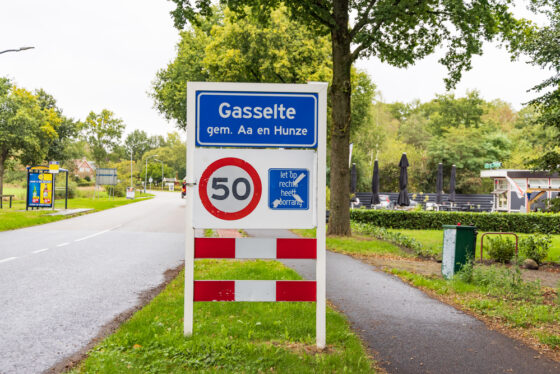Vote with your feet: fewer bus stops in rural areas


The number of bus stops in the Netherlands has dropped by 7% in the last five years as provincial cutbacks are limiting services or abolishing them altogether, research by regional broadcasters has shown.
The number of bus stops fell from 22,100 to 20,600 and that means people in another 67 villages are now without a public transport connection, the researchers said.
The situation was particularly difficult in Drenthe and Groningen which have lost 17% and 15% of their rural public transport connections over the past five years.
Local bus services have also been hit by the coronavirus crisis and passenger numbers are not (yet) back to what they were. The provincial authorities are faced with the option of continuing to support services or abolishing them and public transport has become an important issue in the upcoming local elections in March.
‘These findings echo those of our own research,’ Jeroen Bastiaansen of the PBL Netherlands Environmental Assessment Agency told broadcaster NOS.
‘The accessibility of amenities and jobs in rural areas and the fringes of the cities has gone down as a result of limited public transport links. It is people on low incomes who are most affected,’ Bastiaansen said.
The impact of having fewer bus stops varies from place to place, Henk Meurs, a professor of mobility and spatial development, told the broadcaster. ‘In some cases it will hit people who are unable to walk the longer distance to the next bus stop. In others faster services from A to B are a deliberate policy to get people out of their cars and into public transport.’
Transport policy professor Bert van Wee estimated the number of people affected by losing a nearby bus stop at less than 1% of all bus users. ‘Bus stops that are not being used a lot are the ones being phased out,’ he said. ‘Some bus users are more than capable of walking to the next stop, or taking the car or e-bike.’
Van Wee admitted that that leaves people who have neither and are not able to walk very far in the lurch. ‘Public transport is under pressure because it is used by relatively few people. More people have cars and e-bikes, shopping can be done online and there are alternatives such as subsidised hub taxis and volunteer services,’ he said.
Thank you for donating to DutchNews.nl.
We could not provide the Dutch News service, and keep it free of charge, without the generous support of our readers. Your donations allow us to report on issues you tell us matter, and provide you with a summary of the most important Dutch news each day.
Make a donation